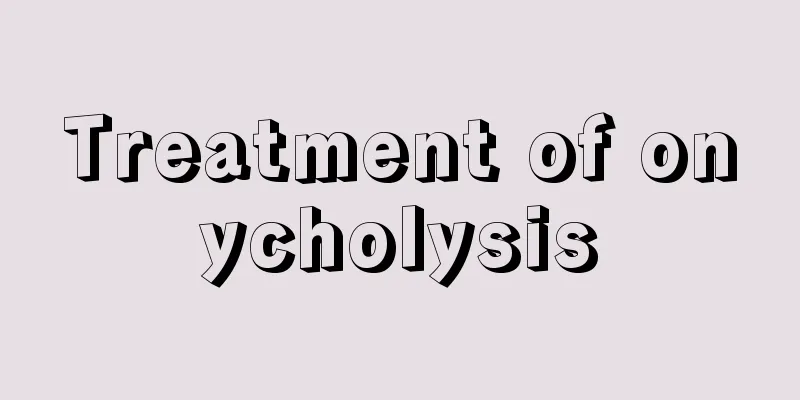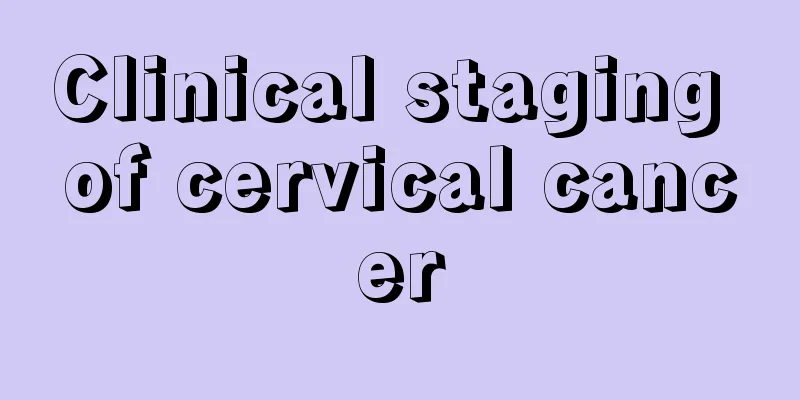What should I do if an elderly person suffers from esophageal cancer?

|
The incidence of esophageal cancer in the elderly has increased relatively in recent years. This is the result of the improvement of people's living standards and the quiet arrival of an aging society. We generally refer to people aged 60 to 70 as the elderly, 70 to 80 as the advanced age, and those over 80 as the super-advanced age. The elderly esophageal cancer patient group has its own particularities in terms of physiology, psychology and social life, and the treatment of esophageal cancer also requires special discussion. For elderly patients, the treatment plan for esophageal cancer should be strictly distinguished, and the treatment plan suitable for each individual should be formulated seriously. What should I do if the elderly have esophageal cancer? As we all know, surgery has the outstanding advantages of radical cure and no biological resistance. In recent years, the surgical indications for esophageal cancer in the elderly have been expanded a lot compared with the past. However, the expansion of surgical indications has also increased postoperative complications. Most of the surgical deaths within 30 days after surgery are in this age group. The increase in surgical complications and surgical mortality is related to the heavy trauma of open-chest surgery on the one hand, and on the other hand, it is also related to the poor physical condition of elderly esophageal patients, complex medical history, and frequent comorbidities with multiple organ diseases. The more common complications include malnutrition, anemia and diabetes, cardiovascular and respiratory diseases, old chest and abdominal diseases and surgical experience, potential subclinical low function of multiple organs, long-term smoking and drinking, psychological and social family factors, which can have a serious impact on postoperative outcomes. Even some seemingly ordinary complications can become insurmountable obstacles in the lives of elderly patients. Common postoperative complications include pneumonia in the lungs, including infectious and aspiration pneumonia, atelectasis, pulmonary edema, respiratory failure, etc.; various atrial or ventricular arrhythmias, hypertension, heart failure, myocardial infarction, pulmonary embolism caused by detachment of deep vein thrombi, etc.; others include hypoproteinemia, diabetes, etc. leading to anastomotic and wound edema, poor healing, severe infection and multiple organ failure. The above is the relevant knowledge about esophageal cancer introduced by experts. Expert Tips: If you have symptoms of disease, do not delay diagnosis and go to a regular hospital for treatment in time to avoid delaying the disease and causing serious consequences. If you have other questions, please consult our online experts or call for consultation. I wish you health and happiness! Esophageal cancer http://www..com.cn/zhongliu/sda/ |
<<: Surgery is the first choice for treating esophageal cancer!
>>: If you have lung cancer, you can't just check your chest X-ray!
Recommend
Three major symptoms of brain cancer
Brain cancer, also known as intracranial tumors, ...
The skin hurts like a needle prick
The skin is the most sensitive part of the body, ...
How to treat a burning sensation in the throat?
The throat is a relatively sensitive area because...
How to preserve fresh meat
If you can't finish the fresh meat you just b...
Rhinitis causes throat discomfort
During the onset of the disease, rhinitis patient...
What are the dietary taboos for Muslims
There are three largest religions in the world: I...
Which daily foods are the most calcium-rich? Beans and bean products
Calcium supplementation has become something that...
What are the benefits of soaking your feet in mugwort leaves
I believe everyone is familiar with mugwort. It i...
What are the consequences of being infected with gallbladder cancer
Gallbladder cancer is a malignant tumor that occu...
Can I eat Ophiopogon japonicus if I have constipation
Ophiopogon japonicus can help us treat physical r...
Why do you get irritable after quitting smoking
Everyone should be aware that whether smoking dir...
Is it the more deadly nasopharyngeal cancer
Xiao Zheng, who lives in Jiangsu, will be 30 this...
Dosage of Ceftriaxone Sodium for Injection
Ceftriaxone Sodium for Injection is an antibiotic...
Common clinical early symptoms of cervical cancer
Cervical cancer is very dangerous for women. If i...
How to diagnose renal hamartoma
The diagnosis of renal hamartoma mainly relies on...









